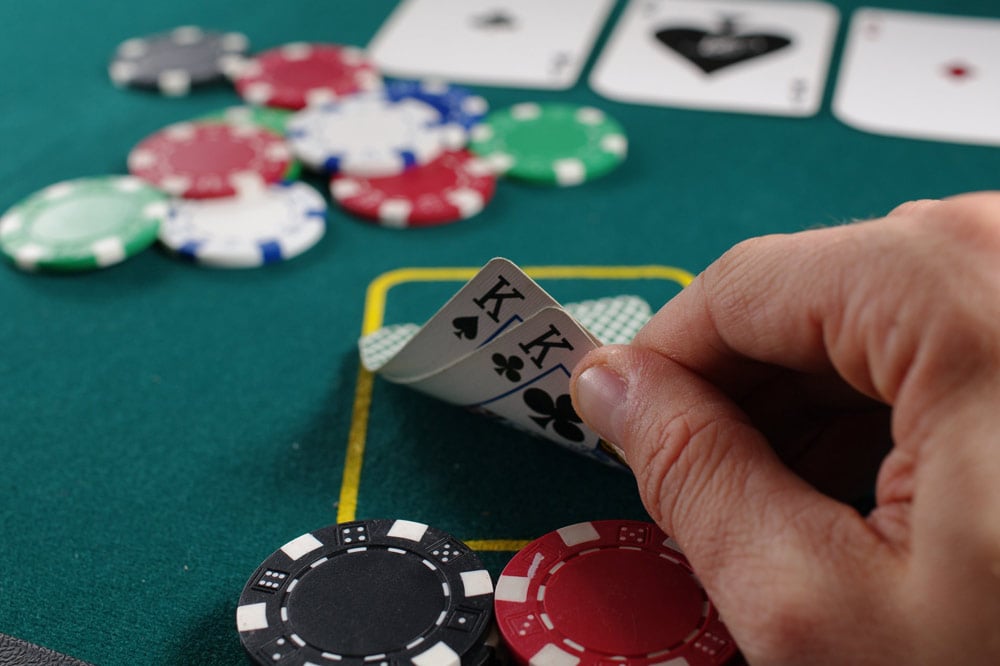Playing poker is not just a game of chance. It involves various strategies and tactics that can help a player increase their chances of winning. Although having a good understanding of the game’s rules and strategies is essential, one crucial aspect that often gets overlooked is the psychology behind winning poker strategies. Understanding the psychological aspects of the game can give a player an edge over their opponents, leading to better decision-making and overall success in the game. Let’s take a closer look at some of the psychological factors that can impact a player’s performance in poker.
Emotional Control
Poker is a game that can be emotionally charged. Players can experience a range of emotions, from excitement and joy to frustration and anger, depending on their success or failure in the game. Emotional control is key to winning poker strategies. Players who can manage their emotions and stay calm and composed in high-pressure situations tend to make better decisions in the game. Emotional control also helps players avoid tilt, a state of mind where a player becomes frustrated or angry and starts making irrational decisions that can cost them the game.
Reading Opponents’ Body Language
Another crucial psychological factor in winning poker strategies is the ability to read opponents’ body language. Players who can read and interpret their opponents’ body language can gain valuable insights into their opponents’ thought processes and decision-making. For example, a player who notices that their opponent is nervous or shaky may be more likely to bluff successfully. Being able to read opponents’ body language also helps players avoid being bluffed themselves.
Self-Awareness

Self-awareness is also a critical factor in winning poker strategies. Players who are self-aware understand their strengths and weaknesses and can use this knowledge to make better decisions in the game. Self-aware players also tend to be more disciplined and focused, which can help them avoid making impulsive decisions that can cost them the game. Self-awareness also helps players avoid playing beyond their means and taking unnecessary risks.
Patience and Discipline
Patience and discipline are also essential psychological factors in winning poker strategies. Players who are patient and disciplined tend to make better decisions in the game, avoiding unnecessary risks and waiting for the right opportunities to take action. Patience and discipline also help players avoid chasing losses and playing beyond their means, leading to better long-term results.
Winning at poker requires a combination of skills, strategies, and psychological factors. Understanding the psychological aspects of the game can give a player an edge over their opponents, leading to better decision-making and overall success in the game. Emotional control, the ability to read opponents’ body language, self-awareness, patience, and discipline are all critical psychological factors that can impact a player’s performance in poker. By mastering these psychological factors, players can increase their chances of winning and become successful poker players.













Comments